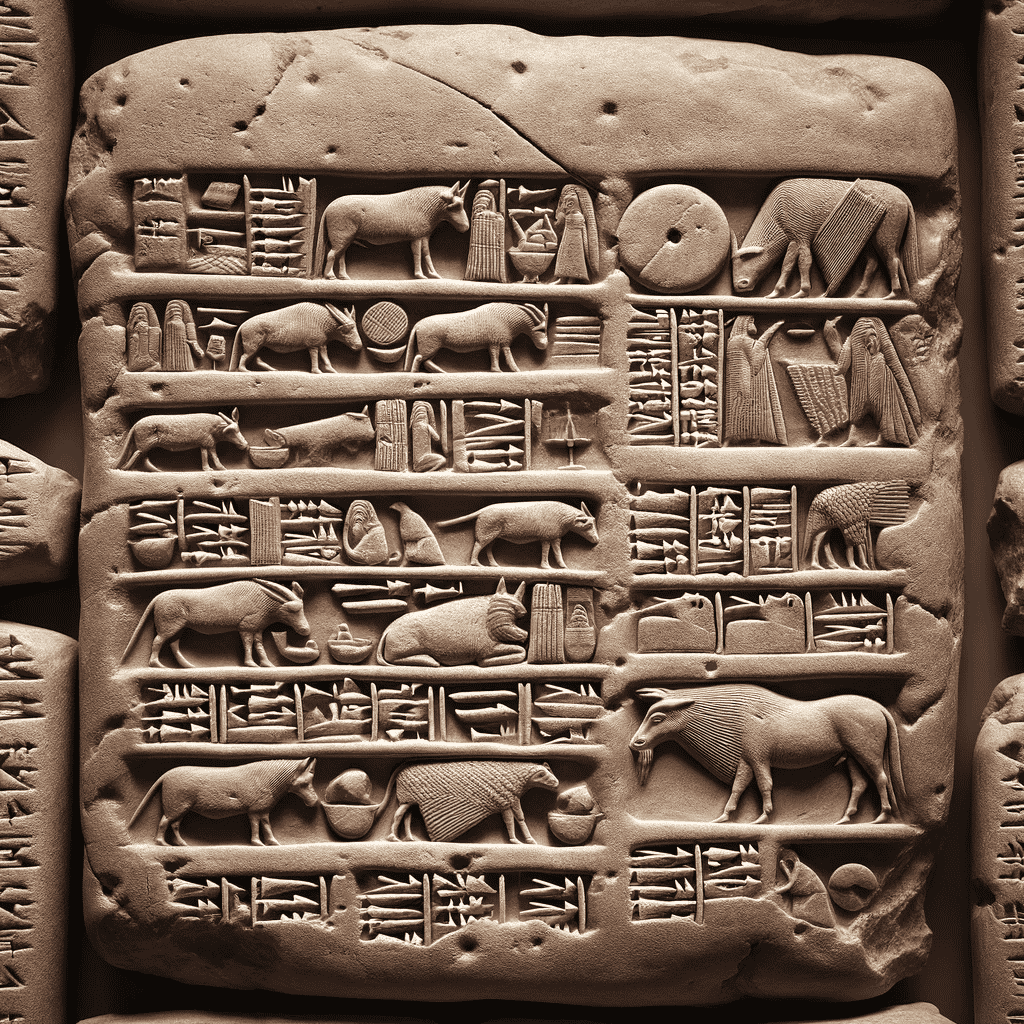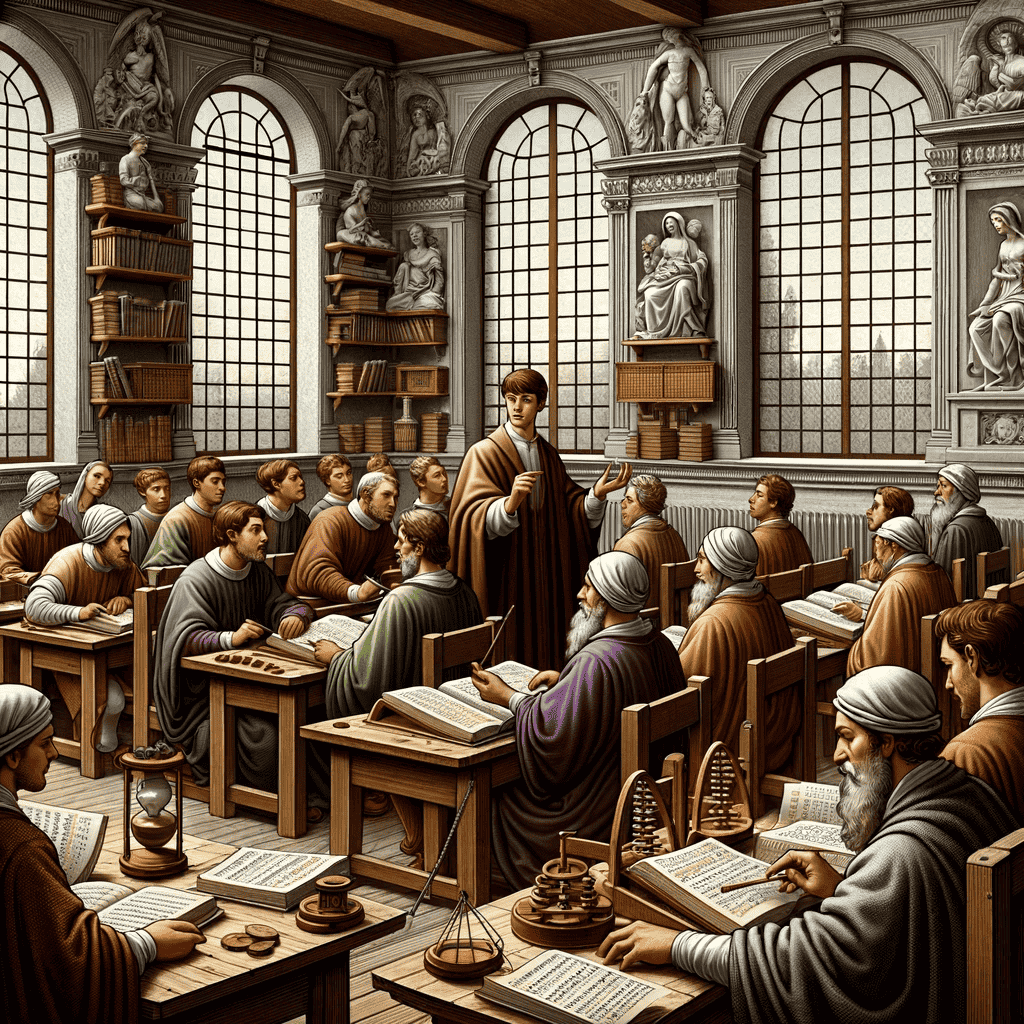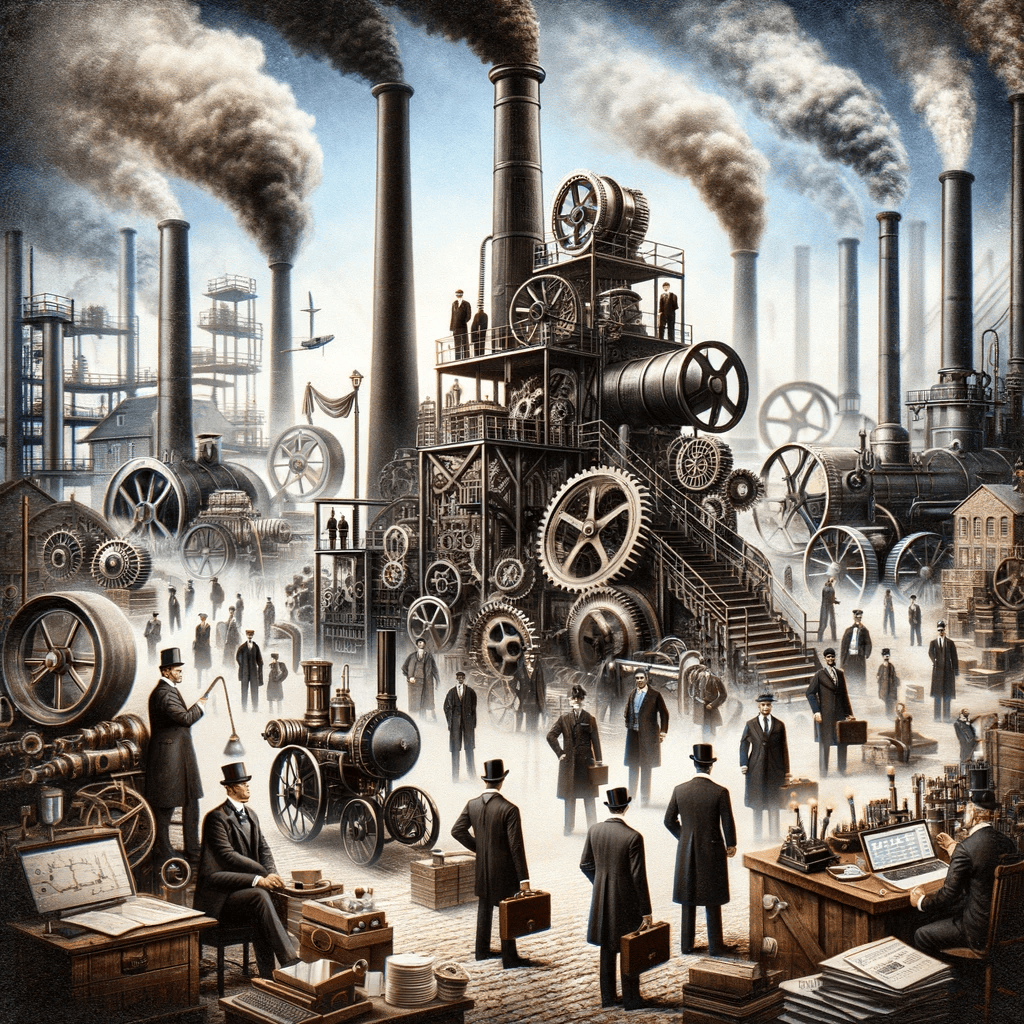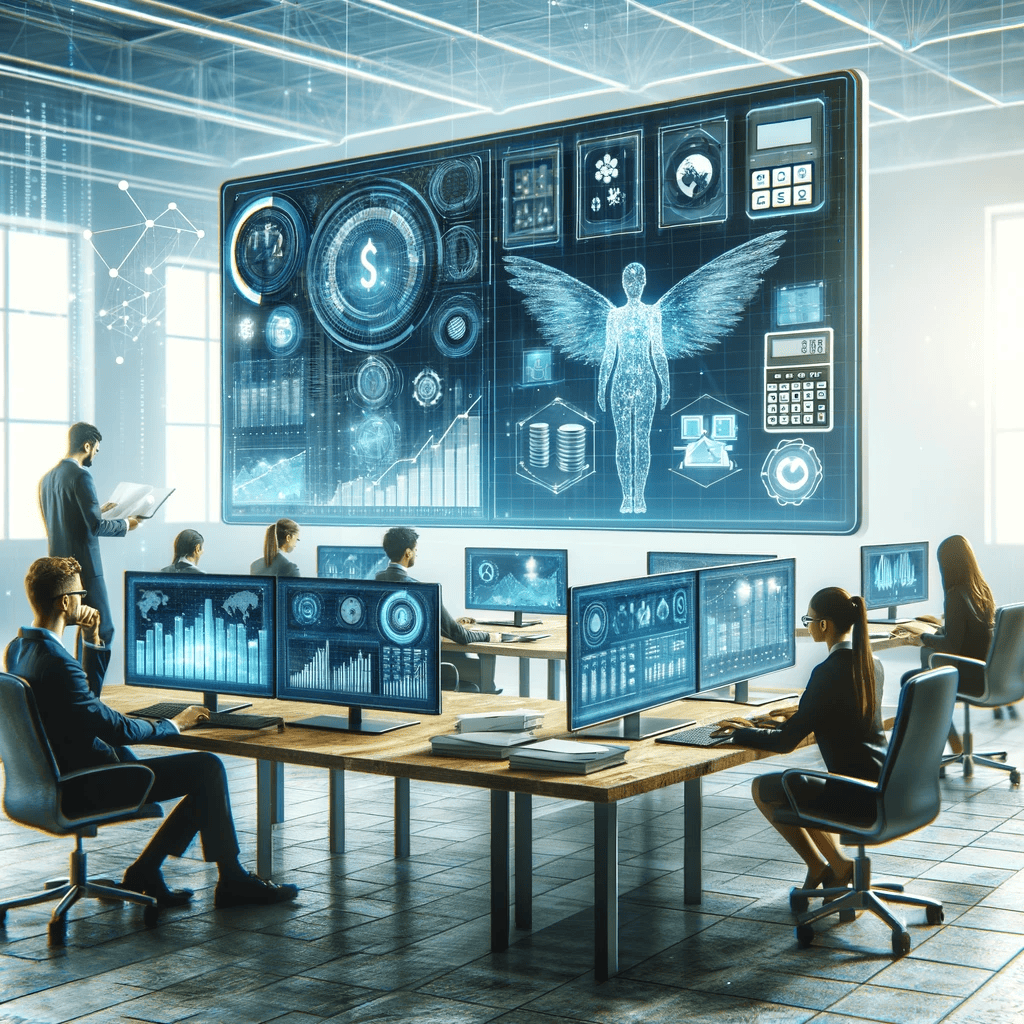Embark on an enlightening journey through the history of accounting, an essential pillar of civilization’s progress. This exploration is not just a chronicle of numbers but is enriched with intriguing trivia and fun facts that bring to life the evolution of accounting.
The Dawn of Accounting:
The story of accounting begins in ancient civilizations, where it served as a crucial tool for managing trade and resources. In Mesopotamia and Ancient Egypt, accounting was done on clay tablets, marking the beginning of recorded financial history. These early methods, though rudimentary, were vital for large-scale agricultural management and the burgeoning trade networks of the time. Interestingly, the development of writing can be traced back to these early accounting needs, highlighting accounting’s role in the advancement of human communication.
Fun Fact: Accounting records in ancient Sumer often included beer transactions, indicating that beer was a popular item of trade and possibly a form of currency.
Birth of Double-Entry Bookkeeping:
The Renaissance period brought a significant breakthrough in accounting with the development of double-entry bookkeeping in 15th-century Italy. Luca Pacioli, a Renaissance mathematician, is credited with the first known description of this system in his work “Summa de Arithmetica”. His book was more than just an accounting guide; it was a comprehensive resource on mathematics and business practices of the era.
Trivia: Luca Pacioli and Leonardo da Vinci were contemporaries and friends, with da Vinci providing illustrations for some of Pacioli’s work. This collaboration is a fascinating intersection of art and the science of accounting.
The Industrial Revolution and Accounting:
The Industrial Revolution marked a turning point in accounting’s history. As businesses grew and operations became more complex, the need for more sophisticated accounting practices became evident. This era witnessed the emergence of the first professional accounting bodies, which played a crucial role in standardizing accounting practices and elevating the profession to a new level of importance.
Interesting Fact: The growth of large-scale industrial businesses led to the formation of the first accounting firms, predecessors to today’s global accounting powerhouses.
The 20th Century – A New Era:
The 20th century ushered in major accounting changes, especially after the Great Depression. The economic turmoil of the 1920s and 1930s highlighted the need for more robust financial transparency and regulation. This period saw the establishment of regulatory bodies like the SEC in the United States, which were tasked with overseeing financial reporting standards. The introduction of these regulatory bodies marked a shift towards greater accountability in the financial sector.
Fun Fact: The 1929 stock market crash, a catalyst for the Great Depression, was partly blamed on lax accounting practices. This event led to significant reforms in accounting standards and practices.
The Digital Age:
The advent of the digital era in the late 20th century transformed accounting. Computers and accounting software revolutionized how financial information was recorded, processed, and analyzed, leading to unprecedented efficiency and accuracy. This shift from manual to automated systems marked a new era in accounting, changing the role of accountants and the nature of accounting work.
Trivia: The first computerized accounting systems were a far cry from the sophisticated tools we use today, but they were revolutionary for their time. These early systems paved the way for advanced software like QuickBooks and SAP, which are now integral to financial management in businesses globally.
The journey of accounting, from ancient record-keeping to modern digital systems, reflects the relentless evolution of human commerce and technology. Accounting has not only adapted to the changing needs of business and society but has also played a key role in shaping them. As we look to the future, the field of accounting is poised to continue its evolution, embracing new technologies and playing a crucial role in the global economy.




